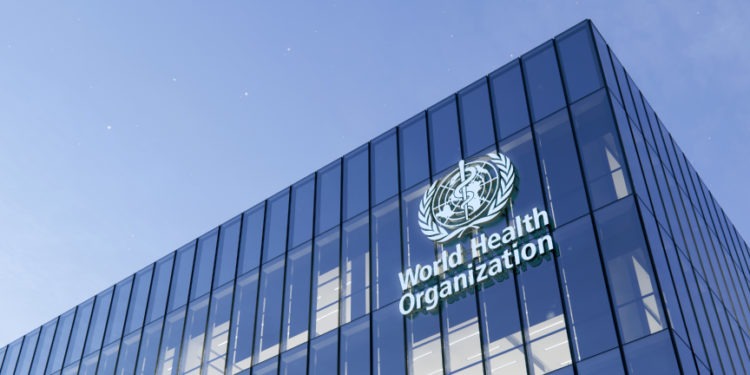The World Health Organization (WHO) has launched a six-month global strategic preparedness and response plan to curb the outbreak of Mpox, which has been classified as a public health emergency of international concern. The initiative aims to contain the spread of the disease, focusing on human-to-human transmission, with a targeted approach across global, regional, and national levels.
The strategy, outlined for the period from September 2024 to February 2025, comes with a projected budget of $135 million. The WHO’s comprehensive plan underscores the importance of surveillance, prevention, and readiness. It also prioritizes equitable access to medical countermeasures, such as diagnostic tests and vaccines, and aims to minimize animal-to-human transmission. Strategic vaccination efforts will target high-risk groups, including healthcare workers and close contacts of recent cases, to disrupt transmission chains.
The outbreak, currently affecting 14 African countries and spreading beyond the continent to regions including Sweden and Thailand, has raised significant global health concerns. The WHO’s response plan also emphasizes leadership at the global level, timely evidence-based guidance, and ensuring access to medical resources for the most vulnerable populations in the affected countries.
Dr. Tedros Adhanom Ghebreyesus, WHO Director-General, highlighted the urgency of a coordinated international response. “The Mpox outbreaks in the Democratic Republic of the Congo and neighboring countries can be controlled and stopped,” Dr. Ghebreyesus stated, urging for a comprehensive collaboration between international agencies, national and local partners, civil society, researchers, manufacturers, and member states.
With the ongoing outbreak driven primarily by the more virulent Clade Ib of the Monkeypox virus, the response plan aims to curb its deadly impact.

















